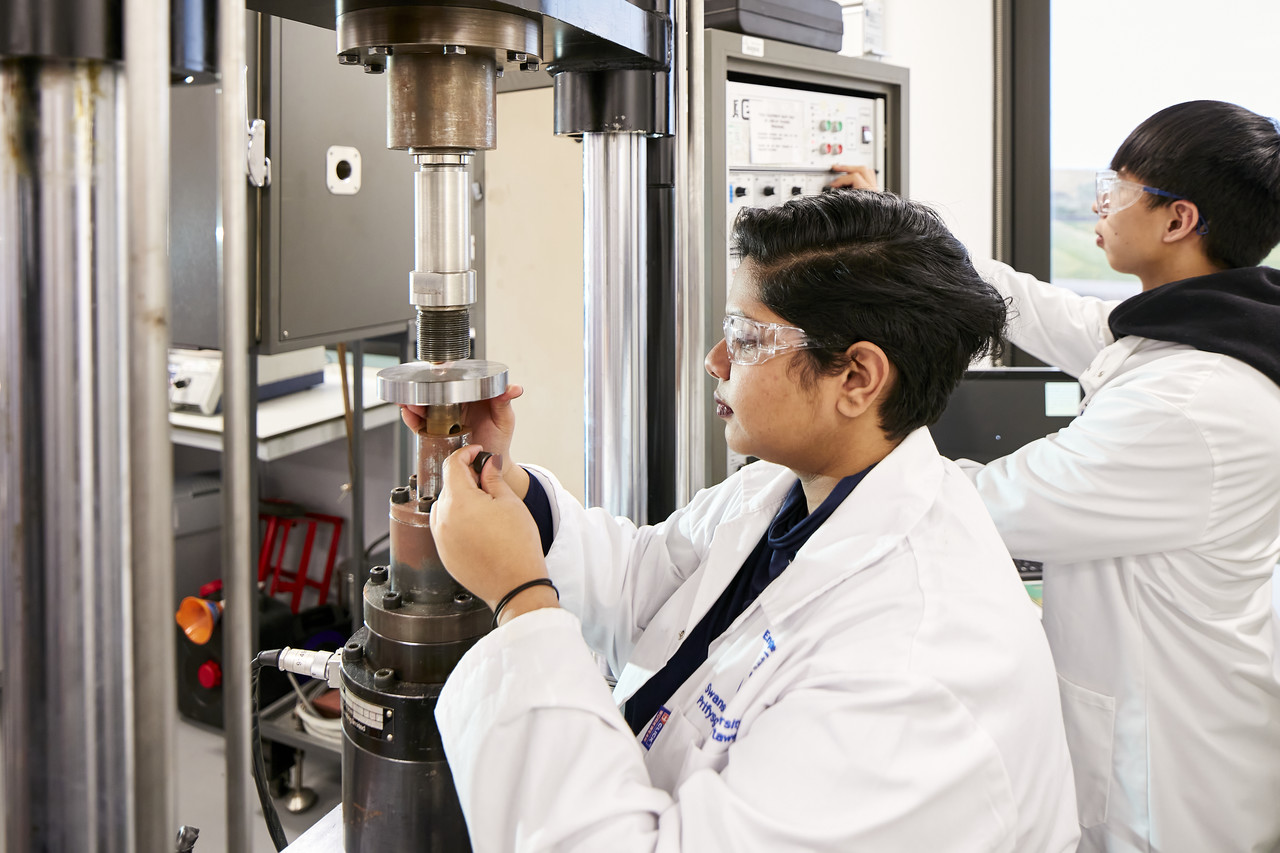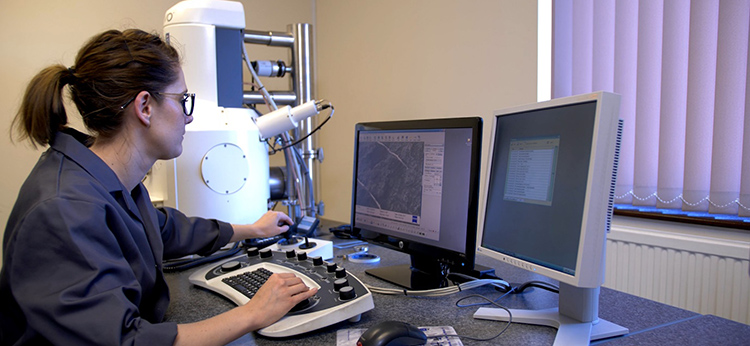Course Overview
Successful innovation depends on the selection and performance of key materials. From cars, aeroplanes and cruise ships, to sports equipment and musical instruments, the right materials can help to define technological progress.
Materials Science and Engineering explores how the properties of matter can be controlled. It includes elements of physics and chemistry, connecting closely with most other areas of engineering.
This degree will prepare you for a rewarding career across engineering sectors including aerospace, automotive, manufacturing, sports, and energy generation.
Develop your analytical abilities whilst gaining hands-on experience of advanced equipment, establishing skills which are vital to securing employment in industry.



